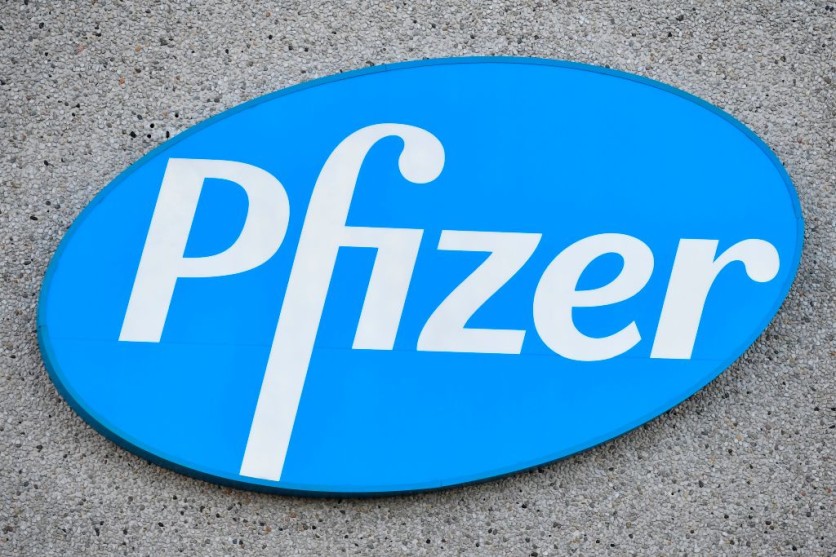Pfizer recently paid over US$120 million to acquire a small Australian firm that claims to have created a smartphone app that can accurately detect COVID-19 by listening to cough, as reported first by New Atlas.

All About ResApp
ResApp, a tiny digital healthcare firm based in Australia, has been working on creating an algorithm that can identify respiratory disorders by listening to a patient's cough for around ten years.
The system was originally trained to identify pneumonia, but by 2019, researchers had demonstrated that the technology could successfully differentiate between asthma, bronchiolitis, and croup.
The team rapidly changed course to add COVID-19 diagnoses into their cough-recognition algorithm when the pandemic hit in 2020. The initial data from a pilot trial evaluating the COVID algorithm in 2022 showed remarkably successful results.
In the trial, it was discovered that the system could accurately identify 92% of COVID-positive cases just by listening to the sound of coughing. The system also showed an 80% specificity rate, which means that just two out of every ten individuals that were screened had false positive results.
Pharma giant Pfizer started circling soon after ResApp made these findings public, with an initial offer of about $65 million for the technology. Currently, a deal has been reached for Pfizer to acquire ResApp for a staggering $116 million, according to a formal purchase announcement.
A Pfizer representative said in a statement that the early results were encouraging and that the agreement increases the company's presence in the field of digital health.
The ResApp team hopes that Pfizer's acquisition will enable the technology to develop and become extensively used in off-the-grid regions of the world.
One of the algorithm's initial creators, Udantha Abeyratne, stated that the project's objective was to aid in the development of better diagnostic tools for use in local communities all over the world.
Read Also : Moderna Sues Pfizer, BioNTech for Use of mRNA Technology in COVID Vaccines-Pfizer Responds
Pfizer-BioNTech Seeks Emergency Use Approval for Booster
Pfizer also requested emergency authorization for its COVID-19 booster dose for school-age children aged 5 to 11 on Monday, Sept. 26, to combat recent Covid subvariants of Omicron,
BioNTech, the German company that collaborated with Pfizer on the vaccine research, submitted a request to the US Food and Drug Administration (FDA) asking for an Emergency Use Authorization (EUA) for a dose of the vaccine weighing ten micrograms.
The booster dose is intended to neutralize the original Covid strain as well as the Omicron variant and its following BA.4 and BA.5 subvariants.
Studies show that roughly 90% of all new cases in the US at this time are BA.4 and BA.5 subvariants. If the FDA approves the bivalent booster, it still needs to pass a final inspection by the USA's top government health organization, the Centers for Disease Control and Prevention (CDCP).
As of now, anyone 12 years of age or older can receive a 15-microgram bivalent booster dose of the vaccine thanks to approval from the US FDA.
Related Article : Modified Pfizer Omicron-Based Vaccine Boosts Defense Against Variant? FDA To Discuss Tweaked COVID-19 Medicine
This article is owned by Tech Times
Written by Joaquin Victor Tacla
ⓒ 2026 TECHTIMES.com All rights reserved. Do not reproduce without permission.




